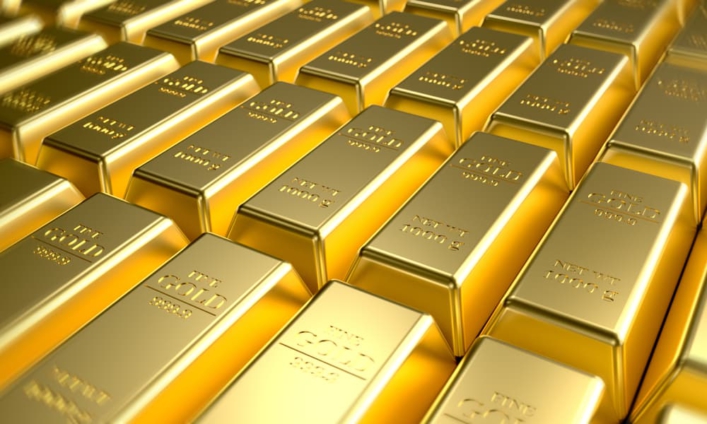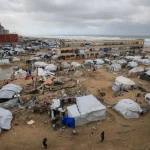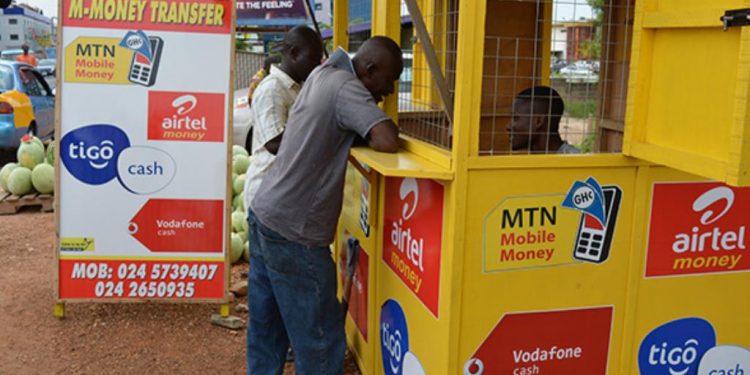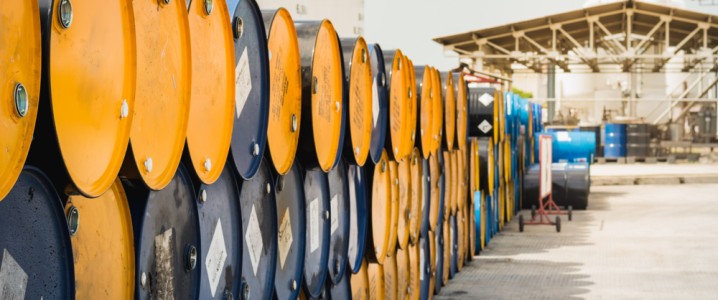Ghana opened its first commercial gold refinery in Accra, the capital, on Thursday.
This is part of an effort by Africa’s leading gold producer to add value and earn more from the precious metal, which has been mined for centuries.
The Royal Ghana Gold Refinery, with capacity to process 400 kilogrammes (kg) of gold per day, will source gold dore from small-scale and artisanal miners before acquiring licences to process gold from large-scale miners.
The refinery is a partnership between Rosy Royal Minerals of India and Ghana’s central bank, with a 20% stake.
Speaking at the opening, Vice President Mahamudu Bawumia said the launch of Royal Gold Refinery marked “a new era” that would help contain gold smuggling and raise national earnings from the precious metal.
“With the ability to refine our gold, we will be able to sell it at the appropriate price, enabling us to retain its economic value within our borders while creating numerous jobs for the youth,” he said.
Ghana’s gold from licensed producers is exported in raw form while a sizeable amount of output from unregulated artisanal miners, locally called galamsey, is smuggled outside the country.
The refinery will employ 80-120 people directly and create 500 indirect jobs, said Bawumia, who is running for president in the December polls.
Ghana retained its spot as Africa’s biggest gold producer last year, as increased production from small-scale and artisanal miners pushed output to 4.03 million ounces.
The West African nation, which is also the world’s number two cocoa producer, is on track to beat its 2024 gold output target, with production seen between 4.3 million and 4.5 million ounces.
The Bank of Ghana launched a gold purchase programme in 2021 to build reserves through domestic purchases and cushion the cedi currency.
Bank of Ghana Governor Ernest Addison said purchases totalled 65.4 tones, equivalent to $5 billion and the bank was keen on the refinery acquiring the London Bullion Market Association (LMA) certification quickly.
Addison said LBMA accreditation for the refinery would help the bank “diversify and organically grow its foreign exchange reserves and accumulate more gold reserves to reduce dependence on external borrowing.”
The general secretary of the small-scale gold miners association, Godwin Armah, said the refinery has to be “transparent” with pricing and gold quantities received from members to help earn their trust and support.
















